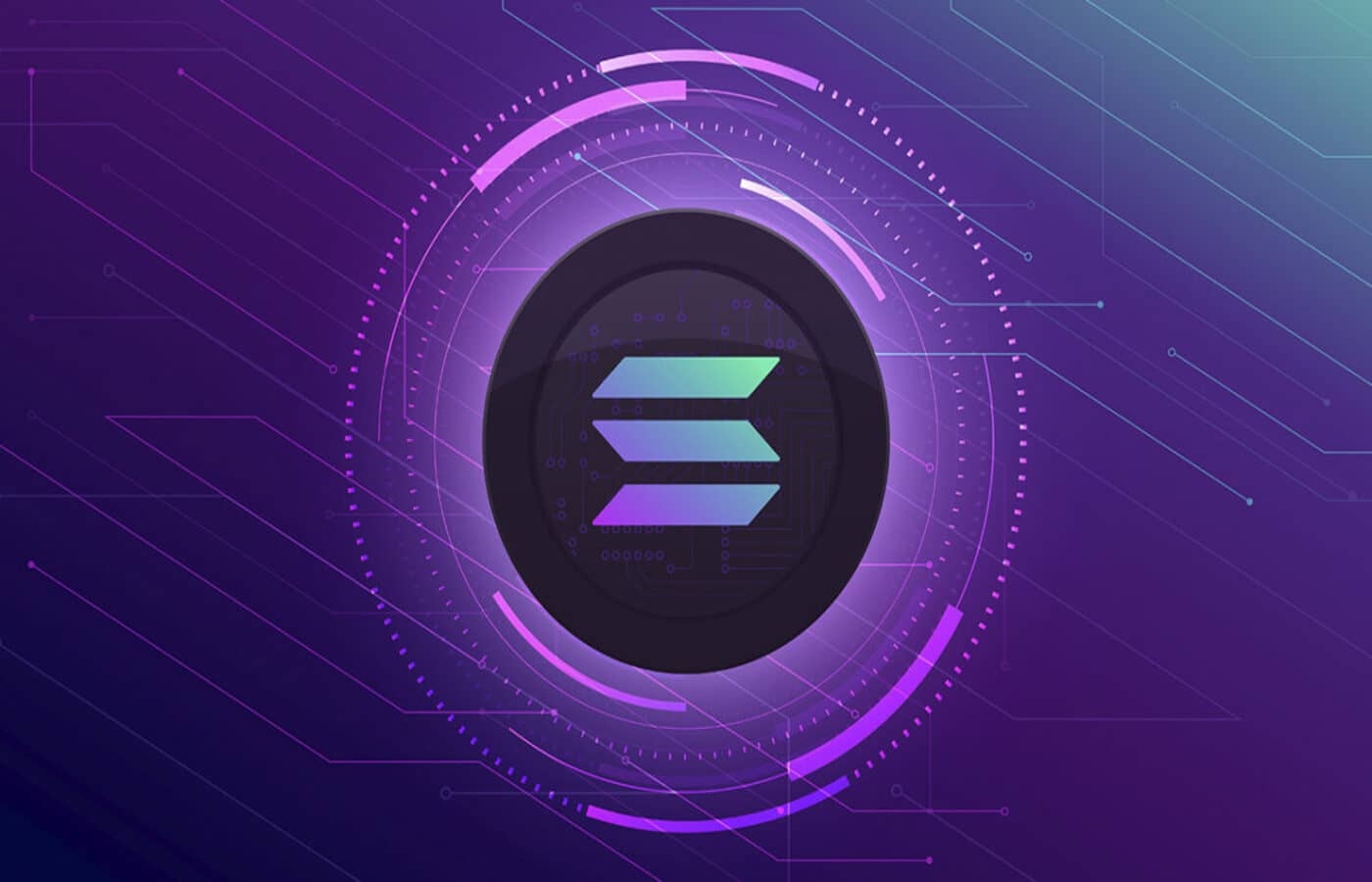Visa Expands Stablecoin Settlement To Solana, Partners With Nuvei And Worldpay

Visa, a global leader in payments, has expanded its USD Coin (USDC) settlement capabilities to the high-performance Solana (SOL) blockchain while partnering with merchant acquirers Nuvei and Worldpay, according to a September 5 statement. Certain merchants affiliated with Nuvei and WorldPay can now accept payments in USDC directly rather than traditional fiat currency when clients make purchases using their Visa cards.
1/🏦Breaking: Visa Expands Stablecoin Settlement Pilot to Solana@Visa is scaling their USDC settlement pilot to include the Solana blockchain, enabling enterprise-grade throughput at virtually no cost for Visa issuers and merchant acquirers on Solana. https://t.co/rF5ouZaISM
— Solana (@solana) September 5, 2023
Visa’s latest development is part of its strategy to use blockchain technology and stablecoins for more efficient and faster cross-border settlements. The company has already conducted live pilots, moving millions of USDC between its partners over Ethereum and Solana blockchain networks to settle fiat-denominated payments authorized over VisaNet, as per the statement.
VisaNet is Visa’s global payment network, connecting approximately 15,000 financial institutions worldwide. It operates in over 25 currencies.
Cuy Sheffield, Head of Crypto at Visa, noted:
“By leveraging stablecoins like USDC and global blockchain networks like Solana and Ethereum, we’re helping to improve the speed of cross-border settlement and providing a modern option for our clients.”
SOL, Solana’s native token, rose about 5% after the statement. With a market cap of $26 billion, USD Coin is the second-largest stablecoin.
Notably, the company initially started looking at the role of USDC in its treasury operations in 2021. This exploration eventually led to a pilot program with Crypto.com. It positioned Visa as one of the major payment networks to test stablecoin settlements. Through this program, the payment companies were able to receive settlements for the Crypto.com card program via the Ethereum network in Australia.
Besides Solana And Ethereum, Many Projects Are Penetrating The Traditional Finance
Despite ongoing regulatory uncertainty regarding crypto, stablecoins have gained more attention than traditional financial institutions. This growing interest is mainly due to the similarities between central bank digital currencies (CBDCs) and stablecoins.
Last month, PayPal stated that it would issue its PYUSD, Ethereum-based stablecoin, which Paxos will issue. Moreover, Mastercard announced a CBDC Partner Program with several crypto companies on Aug. 17, including ConsenSys and Ripple, to work on CBDC projects.
Another traditional payments infrastructure company, Swift, collaborated with Chainlink, a decentralized oracle network, for a tokenization experiment, as per the report. However, traditional players are not interested simply because of the uniqueness of blockchain technology. This is because they see the technology’s potential to make them competitive in the market.








